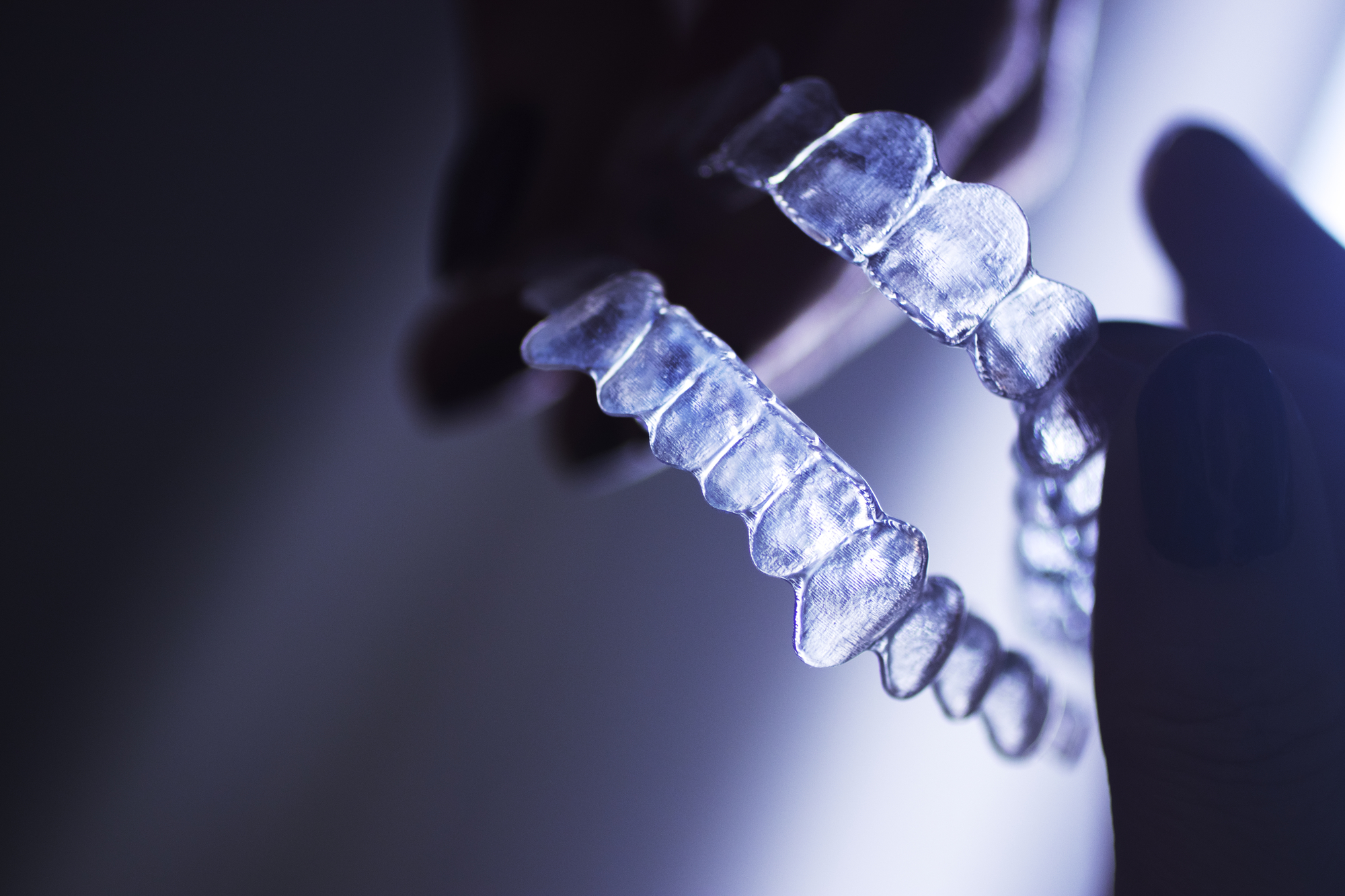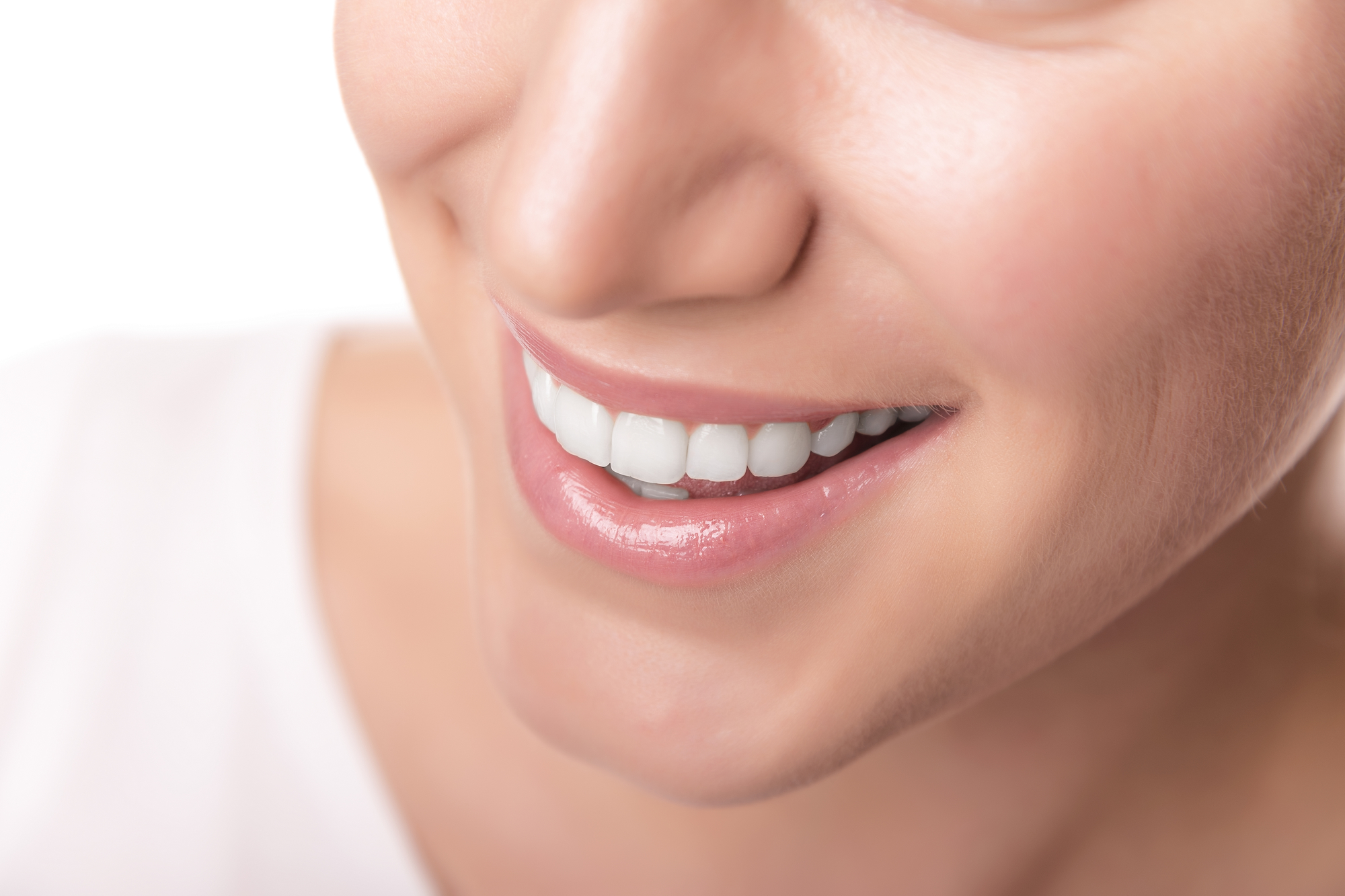
How Should I Clean and Care for My Invisalign Trays?
July 19, 2019
Pros and Cons of Snap-On Smile
August 9, 2019If you have earaches, headaches, chronic jaw pain, or discomfort when chewing, TMD (temporomandibular joint disorder) could be to blame. This condition affects the jaw joints and the surrounding tissues, and can be caused by a number of factors including genetics, trauma, or arthritis. Fortunately, TMJ treatment at our Grant Park dental practice can help address pain caused by TMD. Here, our Atlanta team explores some of the most common treatments and home remedies that can help improve overall quality of life.
Want to know more? Schedule a visit with Dr. Abbey Lee at our Grant Park office. Call us today at 404-328-7177 to make your appointment.
Nonsurgical TMJ Treatment
The first line of defense against TMD is often a custom oral appliance. These mouth guards are designed according to your unique dental anatomy. They fit snugly over your teeth and keep the jaw in a more favorable position. This helps alleviate symptoms of bruxism (teeth grinding), but it also aligns the jaw, taking pressure off of the joints and associated muscles. Dr. Lee can create an oral custom appliance at our Grant Park practice.
Oral appliance therapy is sometimes combined with physical therapy exercises. These can help strengthen and stretch the jaw muscles. Additionally, hot and cold compresses can help soothe the area.
When necessary, Dr. Lee recommends dental orthotics. She can make a custom device that helps facilitate permanent change to a patient’s bite. These appliances must be worn 24 hours a day to be effective.
Sometimes certain behaviors – such as teeth grinding, nail-biting, and leaning on your chin – can trigger stress responses and increase the risk for TMD. Becoming aware of these habits is the first step to avoiding them.
TMJ Treatment with Medication
If TMD pain is more severe, medications may be recommended to help eliminate uncomfortable symptoms. These may include:
- Anti-inflammatories: While over-the-counter drugs may suffice in many instances, prescriptions strength anti-inflammatories may be necessary for a limited time.
- Muscle relaxants: If muscle spasms are the culprit of your TMD pain, your primary care physician may recommend muscle relaxants. These are often used for days or weeks at a time to reduce symptoms.
- Antidepressants: Depression medications can be used in small doses to alleviate symptoms of sleeplessness, pain relief, and bruxism control.
Surgical TMJ Treatment
If TMD cannot be treated successfully with nonsurgical therapies, then surgery may need to be considered. This is typically a last resort treatment, but can be quite effective for those who need it. These treatments address the skeletal issues surrounding TMD, and can range from mild to complex. Jaw surgery should only be performed by a board-certified oral surgeon. If Dr. Lee determines that surgical intervention is the right path for you, she will refer you to a trusted OMS in the area.
What can I do at home to reduce symptoms of TMD?
If you’re looking for at-home TMJ treatment, there are a few things that can help reduce pain. If you have a flare-up:
- Take over-the-counter anti-inflammatories.
- Eat soft foods until symptoms dissipate.
- Apply moist heat or cold compresses.
- Avoid extreme jaw movements.
- Try to consciously keep the teeth apart whenever possible.
Contact Our Grant Park Practice Today
When it comes to TMJ treatments, there are several options. The right solution for you depends on the nature and complexity of your condition. If you’re experiencing jaw pain or any other TMD symptoms, schedule an appointment at our Grant Park practice. Call us today at 404-328-7177.


